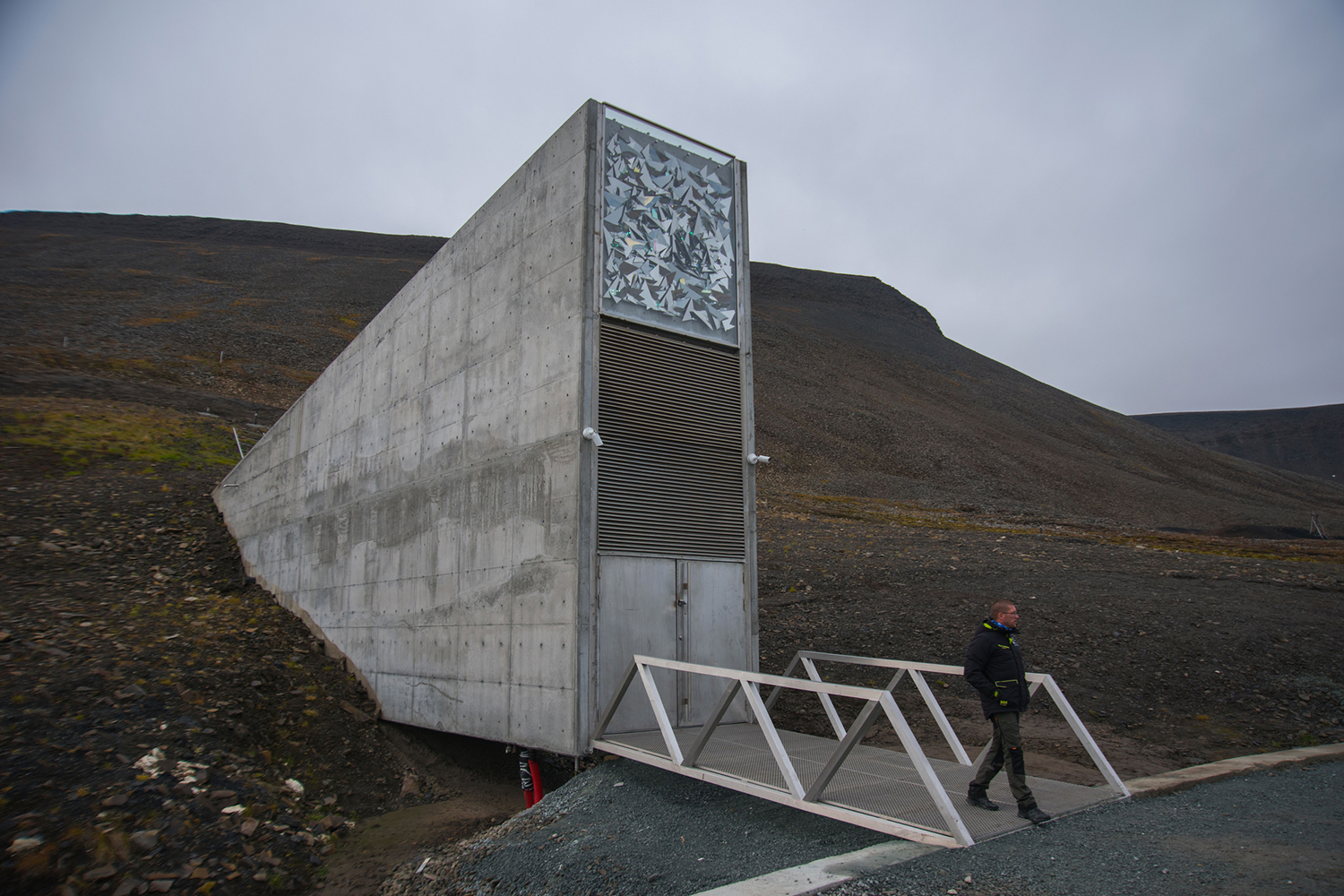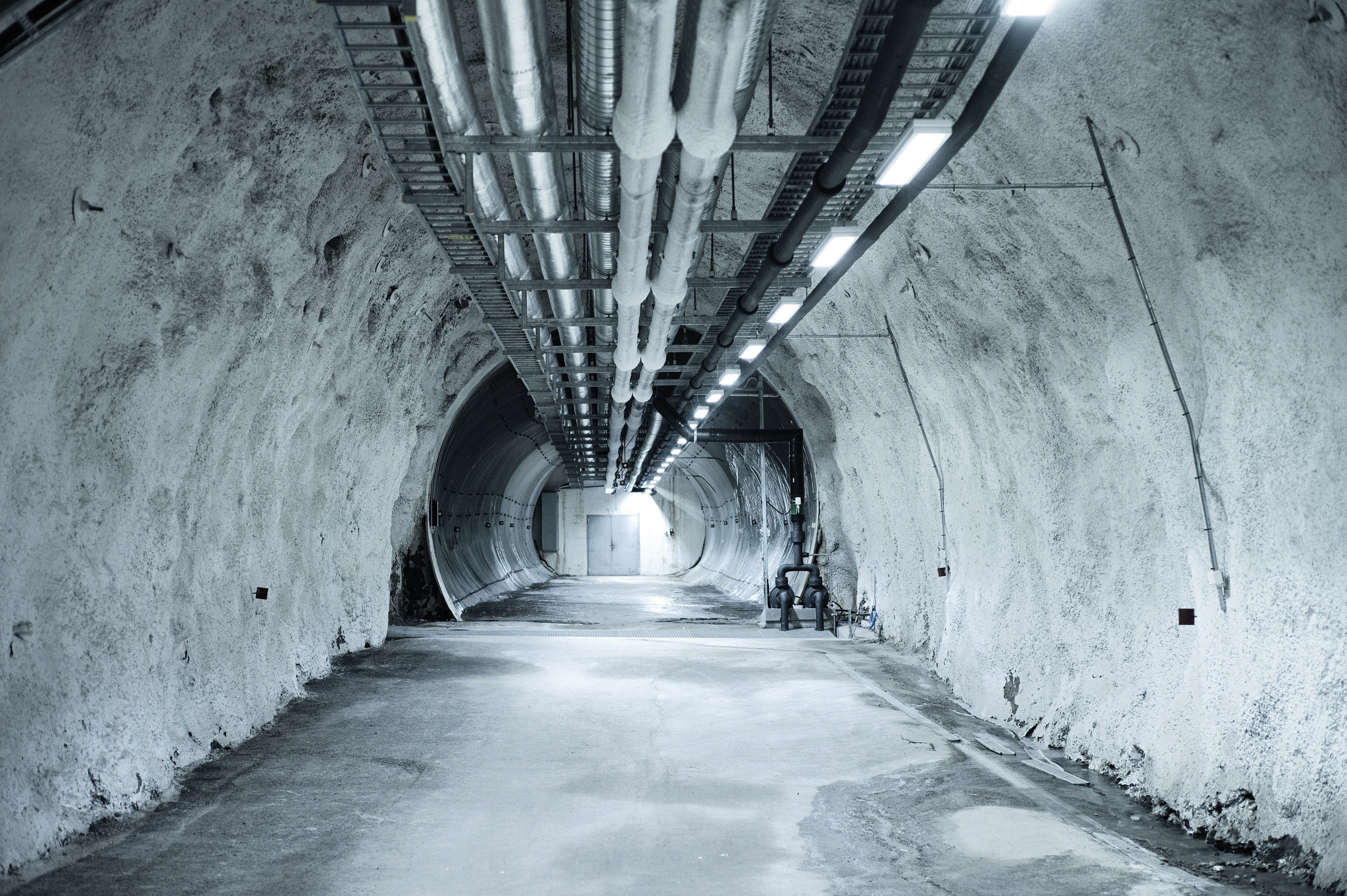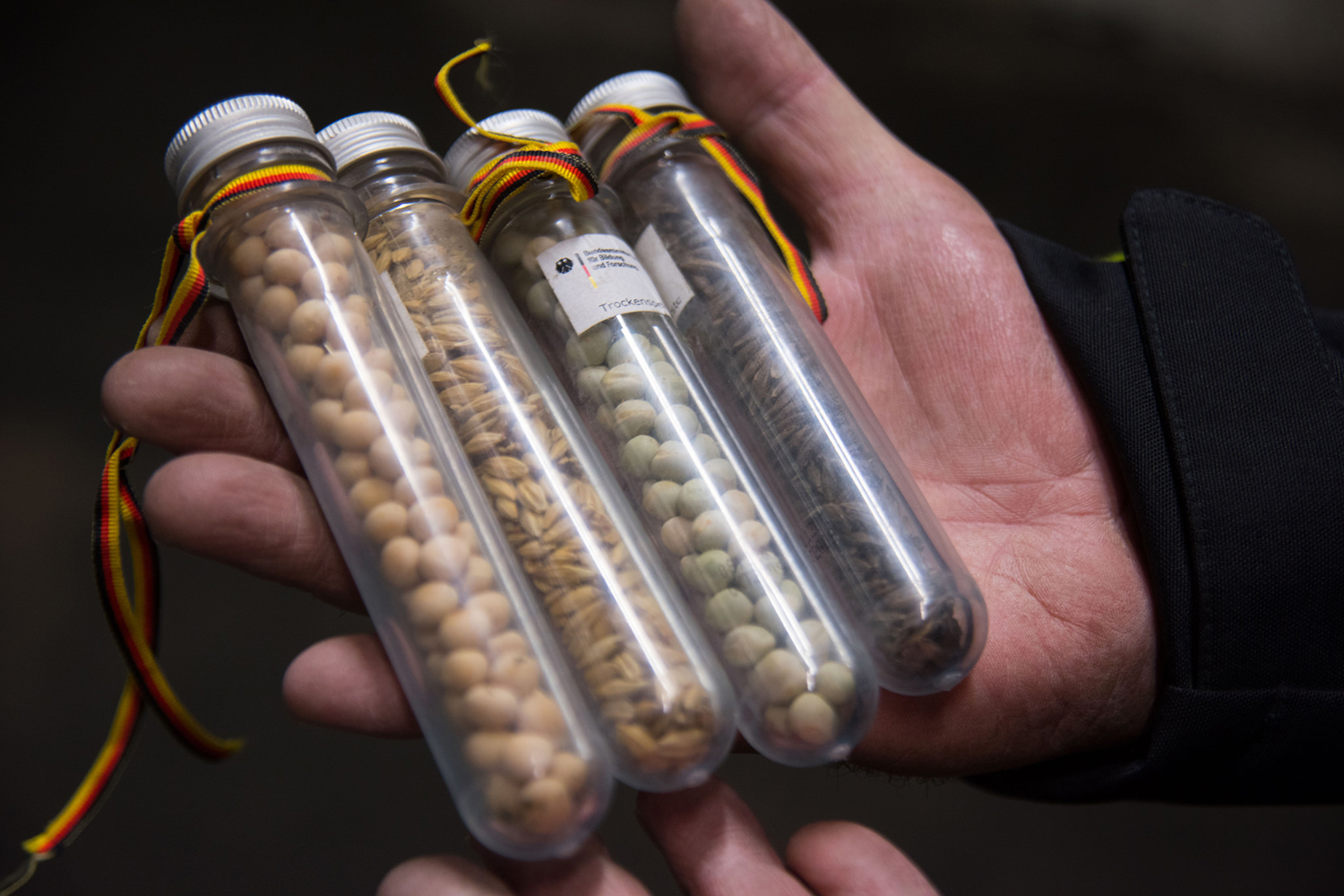Humanity’s last hope to feed our future may lie dormant in a once-abandoned Arctic coal mine on a remote island in Norway. The “doomsday seed vault,” as it’s colloquially known, was built a decade ago to outlast nuclear war, global warming, and whatever other manmade disasters might beset our species.
But climate change has proven to be predictably problematic and the Svalbard Global Seed Vault may be less fortified than once thought.
Now, the Norwegian government has proposed a plan to invest 100 million Norwegian Crowns (about $12.7 million) to upgrade the Svalbard Global Seed Vault. The proposed plan includes construction of a new concrete access tunnel and a service building to protect emergency power and refrigeration units.
“The upgrades, which we hope to begin presently, will ensure that the Svalbard Global Seed Vault can continue to offer the world’s gene banks a secure storage space in the future. It is a great and important task to safeguard all the genetic material that is crucial to global food security,” Jon Georg Dale, Norway’s Minister of Agriculture and Food, said in a statement.
Millions of seed samples from more than 930,000 crops take refuge within the seed vault’s steel and concrete walls, some 800 miles south of the North Pole. If (or when) environmental catastrophe strikes a given region, governments can attempt to reboot their agricultural industries by requesting seed samples from the three organizations managing the seed vault: the Norwegian government, Crop Trust, and the Nordic Genetic Resource Center.
The hope is that the wide variety of seeds represented within the vault can be used to establish crops with the genetic flexibility and resiliency to grow in various environmental conditions. And it didn’t take long for the vault to answer that call. The first seeds request came from the International Center for Agricultural Research in Dry Areas (ICARDA) in 2015, to establish new collections compromised by the Syrian war. Last year, the Svalbard Global Seed Vault received seeds back from this withdrawal.
“In 2017 the important role of the seed vault was made evident,” Dale said. “For the first time seeds were redeposited at the seed vault on Svalbard. The ICARDA International Research Center, previously operating out of Aleppo in Syria, returned seeds harvested after they had retrieved their seeds from Svalbard in 2015. This demonstrates that the seed vault is a worldwide insurance for food supply for future generations.”










